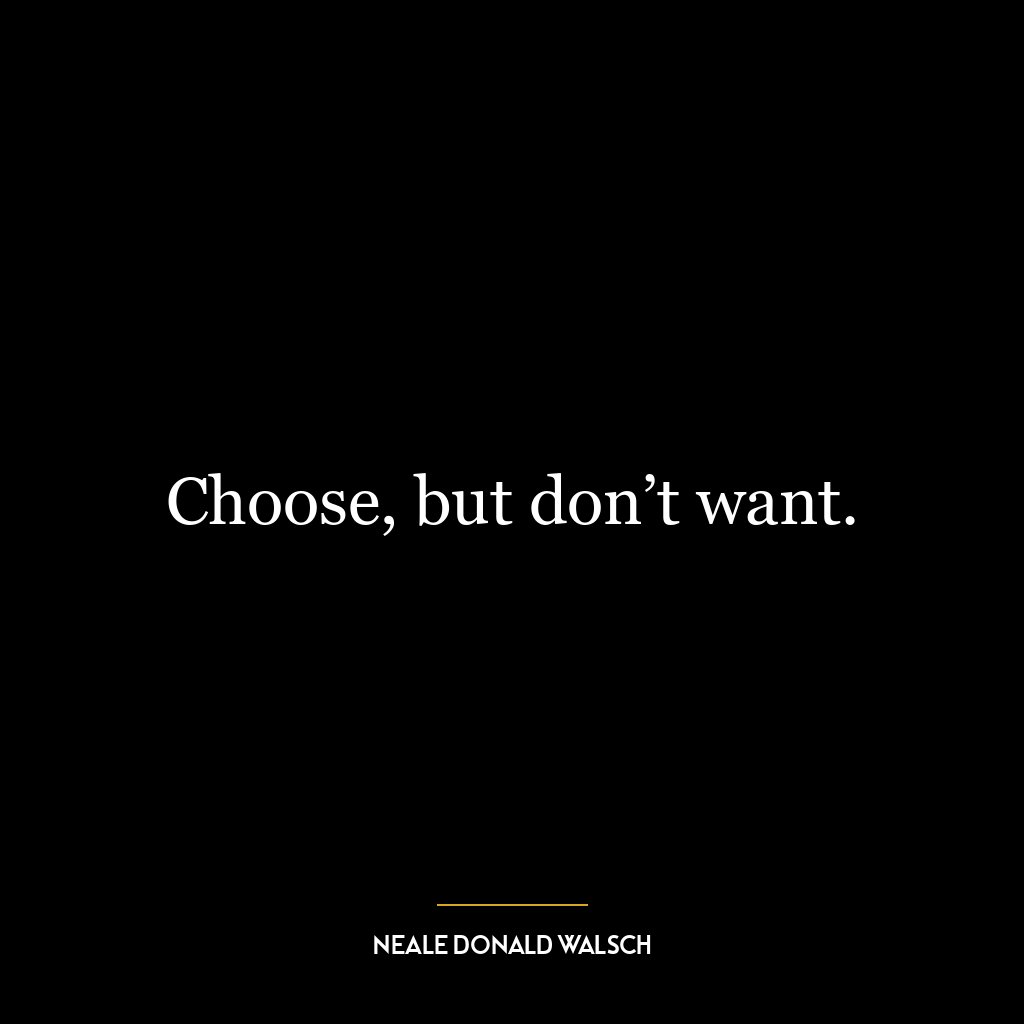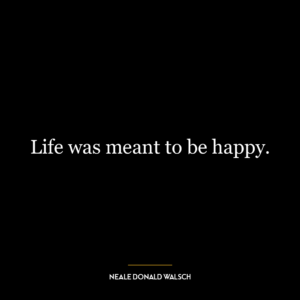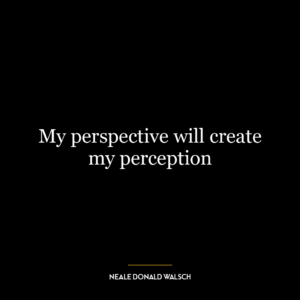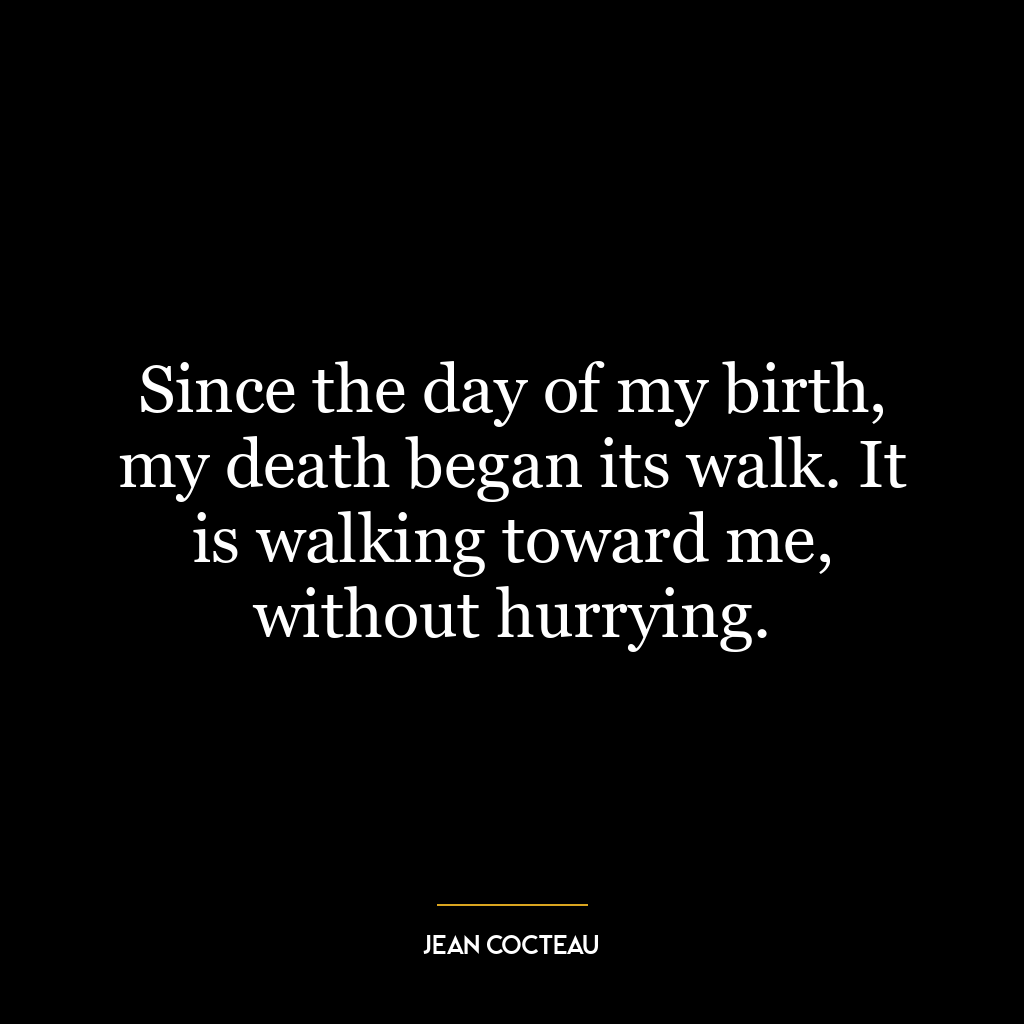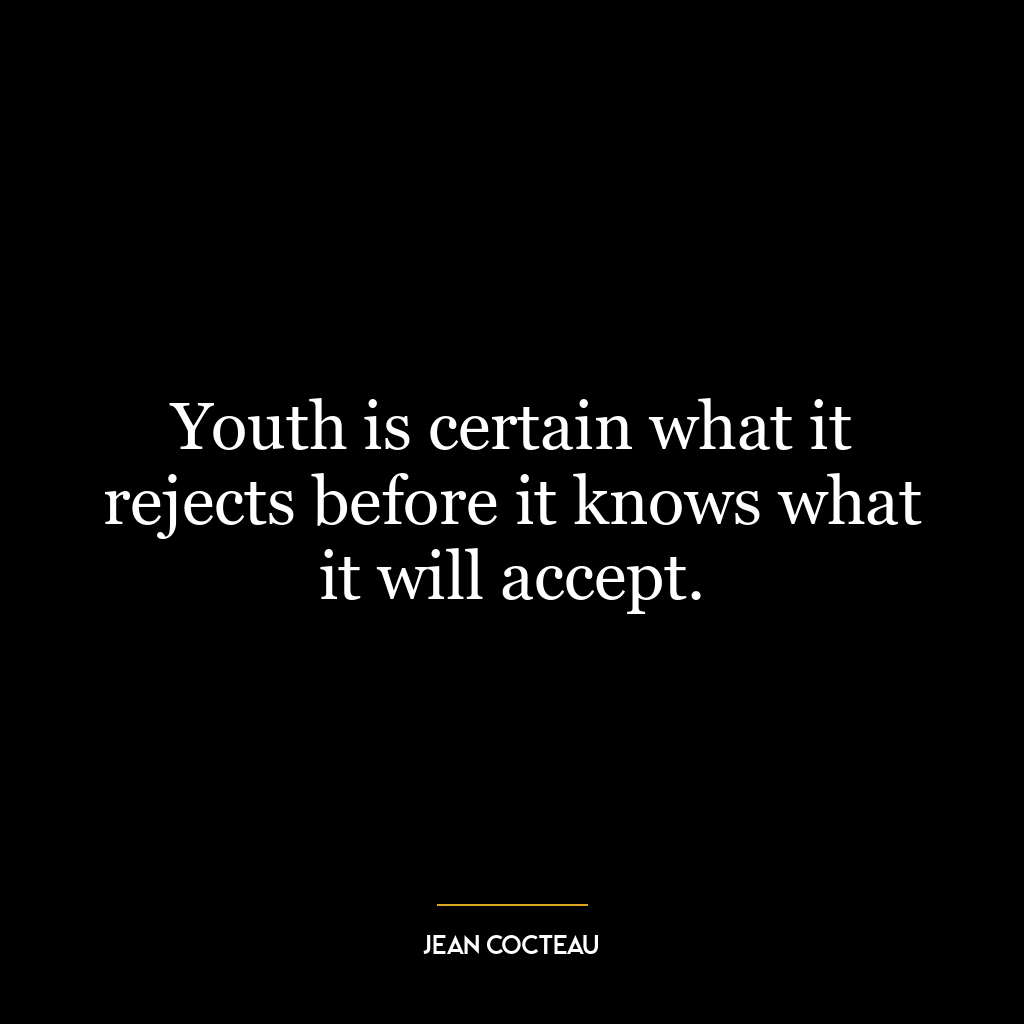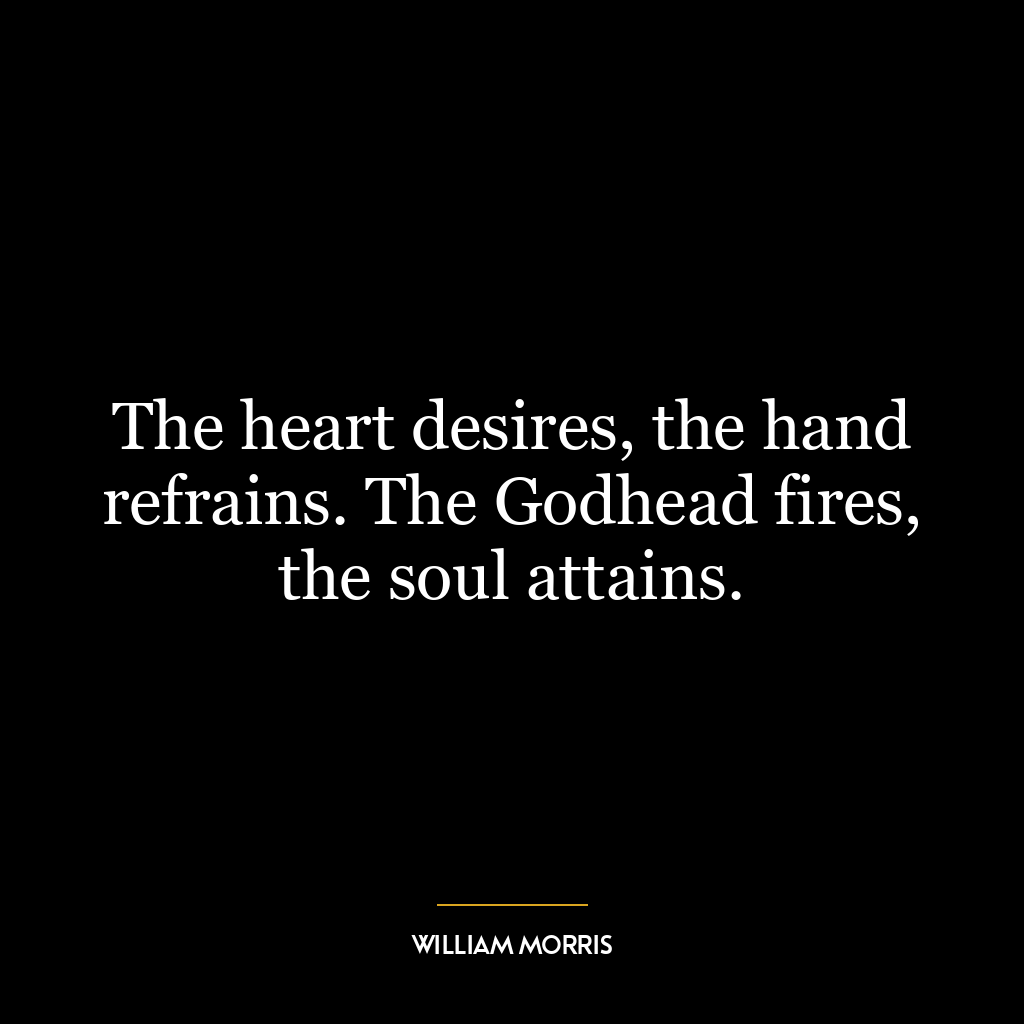Choose, but don’t want.
“Choose, but don’t want” is a profound statement that challenges the conventional understanding of desire and choice. It suggests that we should make our choices consciously, not out of a place of lack or desperation, but from a place of abundance and acceptance.
The concept of “wanting” often implies a sense of lack, a feeling of not having enough or being enough. When we want something, we are essentially saying that we are incomplete without it. This can lead to a cycle of constant seeking and never finding, as our happiness becomes contingent on obtaining things we don’t have.
On the other hand, “choosing” suggests a more empowered state. It implies that we are in control, that we are making decisions based on what aligns with our values and aspirations, not because we feel we lack something. Choosing is about recognizing our own agency and the power we have to shape our own lives.
In today’s world, this idea is extremely relevant. In a society driven by consumerism and the pursuit of material wealth, many people are caught in a cycle of wanting more, never feeling satisfied with what they have. This quote encourages us to step out of this cycle, to make choices not based on what we think we lack, but on what truly matters to us.
In terms of personal development, this concept can be transformative. When we stop wanting and start choosing, we become more present, more content, and more in tune with our true selves. We learn to value what we have, rather than constantly striving for more. We become more intentional in our actions, making choices that align with our values and goals.
In practice, this might mean choosing to pursue a passion even if it doesn’t bring wealth or prestige, choosing to spend time with loved ones rather than constantly working, or choosing to appreciate what we have rather than focusing on what we lack. It’s about making choices that bring fulfillment and meaning, rather than temporary satisfaction.

